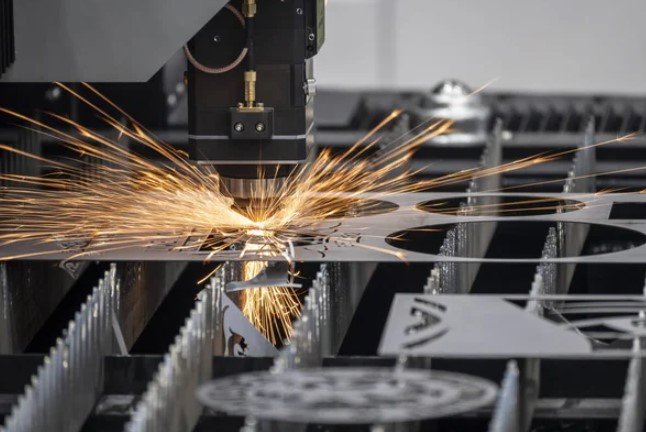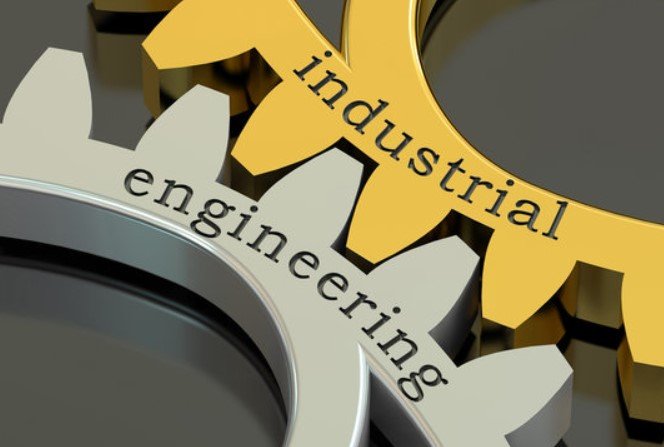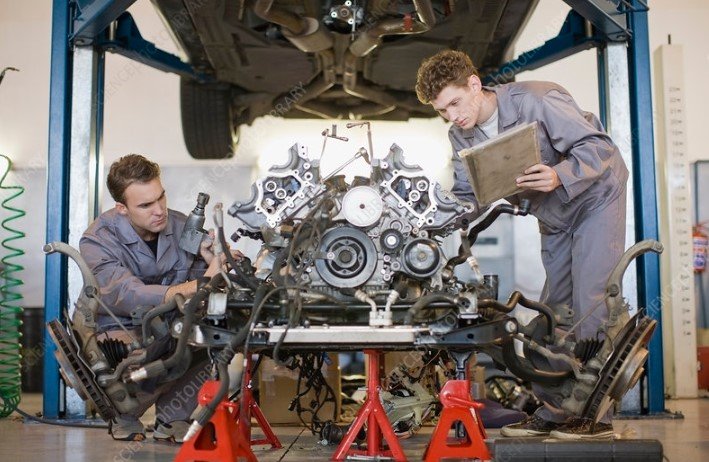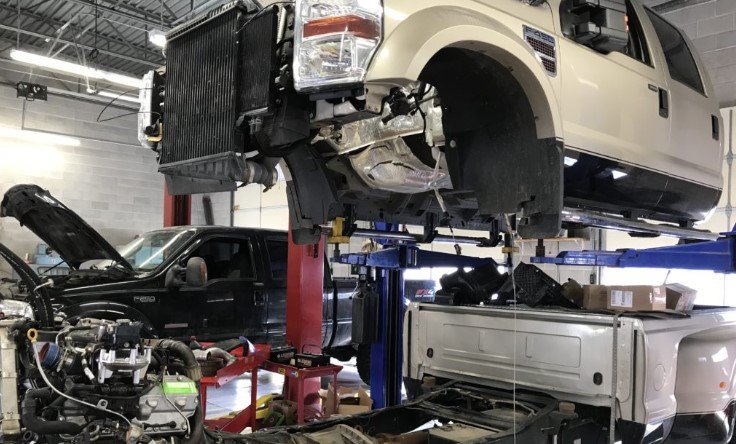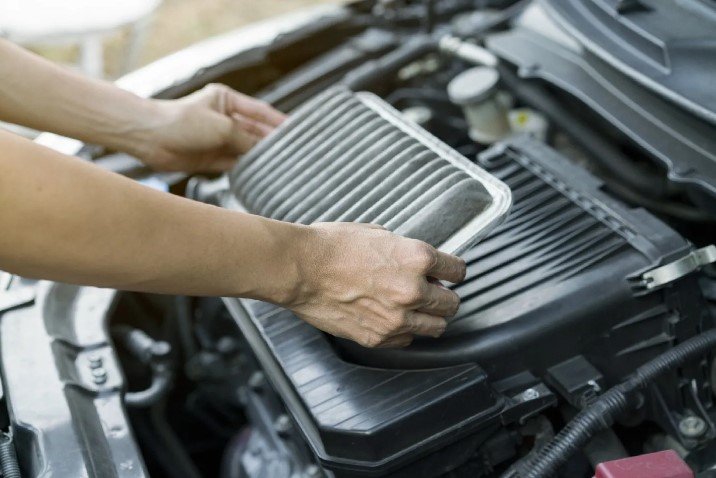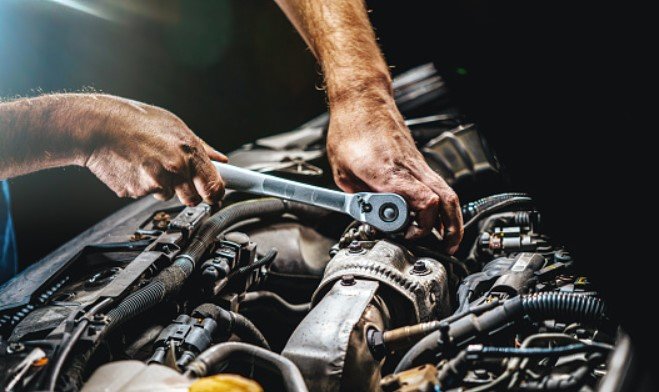
Car Engine Tune-Up: Keeping Your Ride in Prime Condition

If your car isn’t running as smoothly as it used to, it might be time for a tune-up. A car engine tune-up is essential for maintaining optimal performance and prolonging the lifespan of your vehicle. In this article, we’ll explore everything you need to know about car engine tune-ups, from signs that indicate your car needs one to the benefits of regular maintenance and the associated costs.
1. Introduction
A car engine tune-up is a series of maintenance procedures performed to ensure that your vehicle’s engine is running efficiently. It typically involves inspecting and replacing various components of the engine to optimize performance and fuel efficiency.
2. Signs Your Car Needs a Tune-Up
A. Decreased Fuel Efficiency
One of the most common signs that your car needs a tune-up is a noticeable decrease in fuel efficiency. If you find yourself filling up the tank more frequently than usual, it could indicate issues with your engine’s performance.
B. Engine Misfires
Engine misfires occur when the fuel in the combustion chamber fails to ignite properly. This can result in rough idling, hesitation, and a noticeable decrease in power. If you experience frequent engine misfires, it’s essential to have your car inspected by a qualified mechanic.
C. Rough Idling
Rough idling occurs when your engine vibrates excessively while the vehicle is stationary. It can be caused by a variety of issues, including dirty spark plugs, clogged fuel injectors, or a malfunctioning oxygen sensor. A tune-up can help address these issues and restore smooth idling.
3. Benefits of Regular Tune-Ups
A. Improved Performance
One of the primary benefits of regular tune-ups is improved performance. By replacing worn-out components and fine-tuning the engine, you can enjoy smoother acceleration, better throttle response, and overall enhanced driving experience.
B. Extended Engine Lifespan
Regular tune-ups can also help prolong the lifespan of your engine. By addressing minor issues before they escalate into major problems, you can prevent costly repairs and ensure that your car remains reliable for years to come.
4. Components of a Tune-Up
A typical tune-up involves inspecting and, if necessary, replacing several key components of the engine, including:
A. Spark Plugs
Spark plugs play a crucial role in igniting the fuel-air mixture in the combustion chamber. Over time, spark plugs can become fouled or worn out, resulting in poor engine performance and decreased fuel efficiency. Replacing spark plugs as part of a tune-up can help restore optimal engine function.
B. Air Filter
The air filter prevents dirt, dust, and other contaminants from entering the engine’s intake system. A clogged air filter can restrict airflow, leading to reduced performance and fuel efficiency. Regularly replacing the air filter can help ensure that your engine receives clean air for combustion.
C. Fuel Filter
The fuel filter removes impurities from the fuel before it reaches the engine. A dirty or clogged fuel filter can restrict fuel flow, causing engine hesitation and stalling. Replacing the fuel filter as part of a tune-up can help prevent fuel system issues and maintain optimal engine performance.
5. DIY vs. Professional Tune-Ups
A. Pros and Cons of DIY Tune-Ups
While some car owners may prefer to perform tune-ups themselves to save money, DIY tune-ups can be challenging and time-consuming, especially for those with limited mechanical experience. Additionally, DIY tune-ups may void warranties or result in improper repairs if not done correctly.
B. Benefits of Professional Tune-Ups
Professional tune-ups performed by qualified mechanics offer several advantages, including access to specialized tools and equipment, expertise in diagnosing and repairing engine issues, and the assurance that the job will be done correctly the first time.
6. When to Schedule a Tune-Up
A. Manufacturer Recommendations
Most vehicle manufacturers provide recommendations for scheduled maintenance, including tune-ups, in the owner’s manual. Following these guidelines can help ensure that your car receives the necessary maintenance at the appropriate intervals.
B. Mileage Milestones
In addition to manufacturer recommendations, it’s essential to pay attention to mileage milestones when scheduling tune-ups. Certain components, such as spark plugs and filters, have a limited lifespan and may need to be replaced periodically to maintain optimal performance.
7. Costs Associated with Tune-Ups
A. Parts
The cost of a tune-up can vary depending on the make and model of your vehicle, as well as the specific components that need to be replaced. Common tune-up parts include spark plugs, air filters, fuel filters, and ignition coils.
B. Labor
In addition to the cost of parts, you’ll also need to factor in the cost of labor for a professional tune-up. Labor costs can vary depending on the complexity of the job and the hourly rate charged by the mechanic or repair shop.
8. How Often Should You Tune-Up Your Car?
The frequency of tune-ups can vary depending on several factors, including the age and mileage of your vehicle, your driving habits, and the manufacturer’s recommendations. As a general rule of thumb, most experts recommend scheduling a tune-up every 30,000 to 50,000 miles or every two to three years.
9. Importance of Choosing the Right Mechanic
A. Experience and Expertise
When it comes to car maintenance, it’s essential to choose a qualified mechanic with experience and expertise in performing tune-ups. An experienced mechanic will have the skills and knowledge necessary to diagnose and repair engine issues efficiently.
B. Reputation and Reviews
Before entrusting your vehicle to a mechanic or repair shop, take the time to research their reputation and read reviews from past customers. A reputable mechanic will have positive reviews and a track record of providing high-quality service.
10. Conclusion
In conclusion, a car engine tune-up is essential for maintaining optimal performance and prolonging the lifespan of your vehicle. By addressing minor issues before they escalate into major problems, you can ensure that your car remains reliable and efficient for years to come.
FAQs
1. How much does a car engine tune-up cost?
2. Can I perform a tune-up myself, or should I hire a professional?
3. How often should I schedule a tune-up for my car?
4. What are the signs that indicate my car needs a tune-up?
5. Will a tune-up improve my car’s fuel efficiency?
